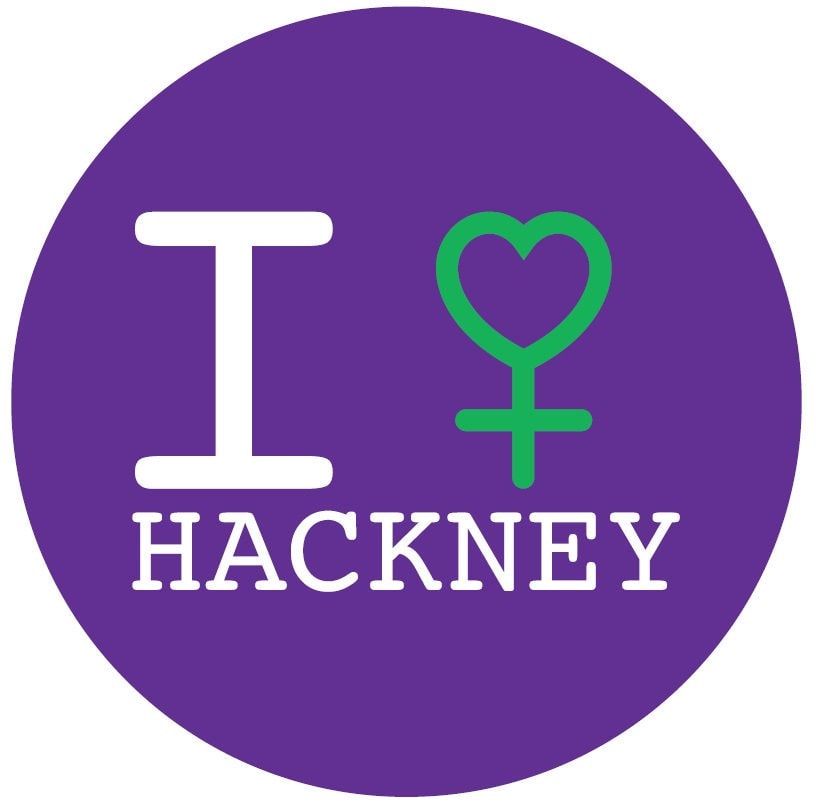
Celebrating Ada Lovelace Day
Local women working in traditionally male-dominated industries, including IT and engineering, are being celebrated by the Council to mark Ada Lovelace Day.
Lovelace is remembered as the world's first computer programmer in 1840. Her day, held on the second Tuesday in October, seeks to increase the profile and celebrate the achievements of women working in science, technology, engineering and maths (STEM) careers.
The Council actively campaigns to bring more diversity to STEM industries, nearly 200 years after Lovelace’s breakthrough, because these sectors remain underrepresented by women.
This summer the Council recruited a number of women apprentices in STEM roles as part of the largest IT apprenticeship intake the Council has ever done.
Young women can get involved by attending the Monster Confidence and Stemettes free event at Here East, for interview practice, career workshops and inspirational talks on October 16, visit: http://monsterconfidence.co.uk/
If you know any local women working in STEM please nominate them as a 100 Hackney Women here: hackney.gov.uk/hackney-women
Who was Ada Lovelace?
Ada Lovelace was born Ada Gordon in 1815, only child of the brief marriage of poet Lord Byron, and his mathematics-loving wife Annabella Milbanke.
Lovelace, from childhood had a fascination with machine.
In 1833, Lovelace met Charles Babbage, a Professor of Mathematics who was already famous for his visionary and unfinished plans for clockwork calculating machines.
Babbage nicknamed Ada the ‘Enchantress of Numbers’.
In 1842 Lovelace translated a short article describing the Analytical Engine by the Italian mathematician Luigi Menabrea, for publication in England.
Babbage asked her to expand the article, “as she understood the machine so well”.
The final article is over three times the length of the original and contains several early computer programmes.
Although Babbage and his assistants had sketched out programmes for his engine before, Lovelace’s are the most elaborate and complete, and the first to be published; so she is often referred to as “the first computer programmer”.
I was working on a blog and through working on the data and the backend aspects I started to explore IT and realised data science can really help people, not only online but in real life too.
I’m loving my apprenticeship and it’s great to see that the stereotypes you might associate with STEM careers are slowly changing. Ada Lovelace Day is so important because it creates exposure and shows women that they to can work in STEM.
My advice to any young women considering STEM as a career would be to try and explore different ways of getting in, from apprenticeships to free online courses, you’ll be surprised how much is out there.Nadine Davis, Data Analyst apprentice
I really enjoyed maths at school and was encouraged to look into engineering from an early age. I don’t think any job should be stereoptical of any gender and I would say regardless of what gender you are, do what your drawn to and you're passionate about.
Hannah Hecheverria, Traffic Engineer Technician Apprentice
